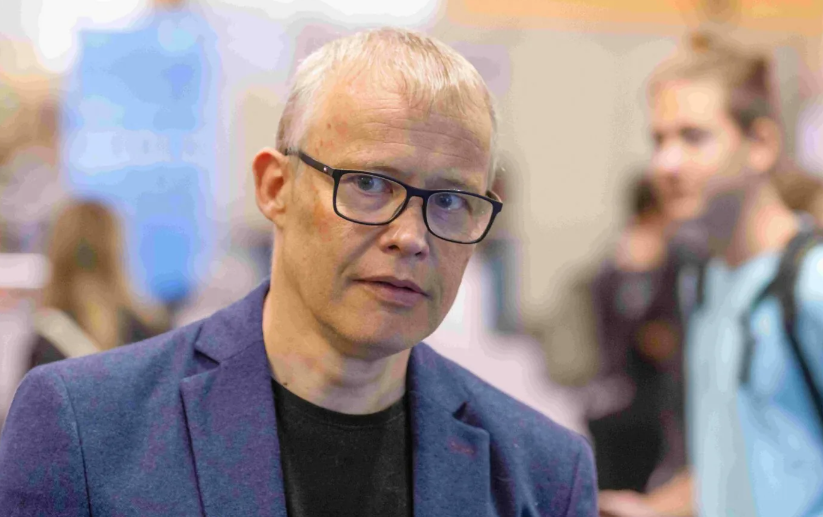In his latest column for the newspaper Slovenske novice (Slovenian News), Matej Lahovnik discussed the new mini-tax reform, which the government is presenting as a help to the economy. He argued that the government is on the wrong side of this issue, as we should first ask how to manage high public spending and only then how to finance it, not the other way around. He also noted that the state is tightening business conditions for entrepreneurs while doing nothing about excessive government spending.
Here, Matej Lahovnik pointed out an uncomfortable truth: in 2019, the last year before the Covid-19 epidemic, budget spending was below 10 billion euros, while during the epidemic, spending rose to around 14 billion euros [but during that time, all countries were spending more, because there was no other way; this is how we ensured a soft landing in the crisis and a quick recovery after the pandemic]. But now the pandemic is over, and government spending is even higher than during the pandemic, at over 15 billion euros, while next year it is expected to be 17 billion euros.
Why is this? Lahovnik pointed out that we have a Minister for Digitalisation in the government who has bought 13.000 computers for 6.5 million euros, which are now in storage, and she is not being held accountable for the purchase; that 20 million euros a year are spent on the integration of the Roma people alone, and that the results in the Dolenjska region are catastrophic. The Minister for Labour went to the Paralympic Games in Paris and, from a luxury hotel in Paris, told the mayors of the municipalities of Dolenjska that they did not know how to solve the problem, and that his ministry would solve the problem by recruiting 130 additional officials at the social work centres. Lahovnik wondered whether the problem is really entrepreneurs paying too little tax, or whether it is actually that the state is spending taxpayers’ money irrationally.
“The pandemic is long gone, and state spending is even higher than it was back then, over 15 billion euros, and next year it will be 17 billion, so the problem is not the entrepreneurs who pay too little tax – instead, the problem is the ministers who do not control their own spending,” he wrote on the social network X.
Attacking the sole proprietors with normalised expenses
He also pointed to the government’s attack on entrepreneurship, or “sole proprietors with normalised expenses,” which the government is accusing of paying too little tax – and this is very rarely mentioned in the media. Lahovnik wondered what legitimacy the state has to accuse entrepreneurs of paying too little tax while it is buying computers and courthouses that nobody needs.
“The problem of the Minister of Finance is not the entrepreneurs who work a lot and allegedly pay too little tax, but the real scourge are his fellow ministers in the government who do not control expenditure in their portfolios. It would be much better to focus more on what all the tax money is being spent on, instead of who else needs to be screwed to pay more tax,” Lahovnik concluded.
Lahovnik highlighted the symptoms of the disease
In his column, Lahovnik is, in fact, pointing out the symptoms of a disease: the disease is the fact that, for left-wing governments, taxpayers’ money is a personal fiefdom for the duration of their mandate. We will spend 17 billion next year, and people will still be dying while waiting for an appointment with a specialist; public services will still be disastrous, you will still be in court for a decade or more, roads will still have loads of potholes in them …
These are all symptoms. And the disease is the new faces in politics. Why do new politicians not care? Because they are one- to three- (maximum four-) year stories. Then, their political career is over, and they return to the safe harbour of the academic sphere or the state economy. Slovenia will only break the spiral of stagnation when politicians become professionals and see their future in this craft. As long as we keep putting political ‘paratroopers’ in office, things will remain the same as they are today. Nothing will change, whether Janković, Bratušek, Cerar, Šarec, Golob or even Magnifico is in power. We need politicians who will be the guardians of our public money.
I. K.


